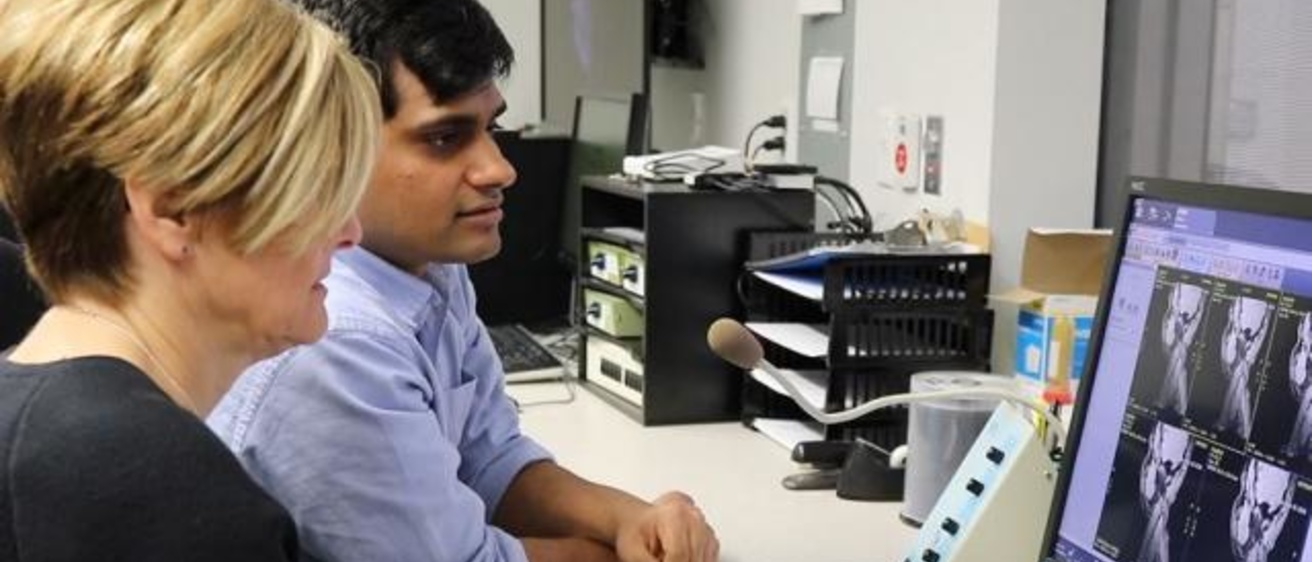Main navigation
Why should one study biomedical engineering at the University of Iowa?
Biomedical Engineering at the University of Iowa offers unlimited opportunities for motivated students. From independent research to summer programs and student societies, mentoring programs, many students do it all. Our curriculum provides a strong foundation in both engineering and the biological sciences, with the freedom to explore a variety of topics, including A.I., and to specialize in advanced areas of research.
The size of the program allows students to develop a personal connection with faculty. Students join a collaborative and supportive community that emphasizes teamwork and equips them to thrive in careers across industry and medicine. Graduates emerge as innovative, empathetic leaders prepared to make a meaningful and lasting impact. Read more about biomedical engineering.
For undergraduate application information, please visit the Office of Admissions biomedical engineering application instructions.
What is a biomedical engineer?
A biomedical engineer uses traditional engineering expertise to analyze and solve problems in biology and medicine, providing an overall enhancement of health. Students choose the biomedical engineering field to be of service to people, to experience the excitement of working with living systems, and to apply advanced technology to the complex problems of medical care. Biomedical engineers work with health care professionals (e.g., physicians, nurses, therapists, and technicians) and may be called upon in a wide range of capacities such as designing instruments, devices, and software. Biomedical engineers incorporate knowledge from many technical sources to develop new medical procedures and conduct research in an effort to solve clinical problems.
For more information about biomedical engineering, please visit the Biomedical Engineering Society home page at bmes.org.
For questions about undergraduate admissions or transfer credit, please email engineering@uiowa.edu.
Student Outcomes
Students will graduate from the Biomedical Engineering Department with the following attributes:
- An ability to identify, formulate, and solve complex engineering problems by applying principles of engineering, science, and mathematics
- An ability to function effectively on a team whose members together provide leadership, create a respectful and collaborative environment, establish goals, plan tasks, and meet objectives
- An ability to apply engineering design to produce solutions that meet specified needs with consideration of public health, safety, and welfare, as well as global, cultural, social, environmental, and economic factors
- An ability to develop and conduct appropriate experimentation, analyze and interpret data, and use engineering judgment to draw conclusions
- An ability to communicate effectively with a range of audiences
- An ability to acquire and apply new knowledge as needed, using appropriate learning strategies
- An ability to recognize ethical and professional responsibilities in engineering situations and make informed judgments, which must consider the impact of engineering solutions in global, economic, environmental, and societal contexts
Educational Objectives
The following educational objectives set forth by the Roy J. Carver Department of Biomedical Engineering at the University of Iowa describe the expected accomplishments of our graduates within a few years of graduation:
- Advance the biomedical field through the responsible analysis and development of devices, systems, processes, and policies that improve human health.
- Pursue a wide range of career options, including those in industry, academia, and medicine.
- Collaborate on multidisciplinary teams and become leaders in their chosen field.
